What To Do After Your Injury: A Step-by-Step Guide
Have you ever wondered what your first move should be after sustaining an injury? It's critical to act swiftly yet thoughtfully to safeguard both your health and legal rights. You'll need to assess the situation carefully, document everything, and possibly seek legal advice. But where do you start, and how can you guarantee you're covering all your bases without making a misstep that could jeopardize your recovery or claim? This guide will walk you through each critical step, offering expert advice and introducing you to resources like Expertise.com Concierge, which could prove invaluable. The path to recovery and justice begins with understanding your next move.
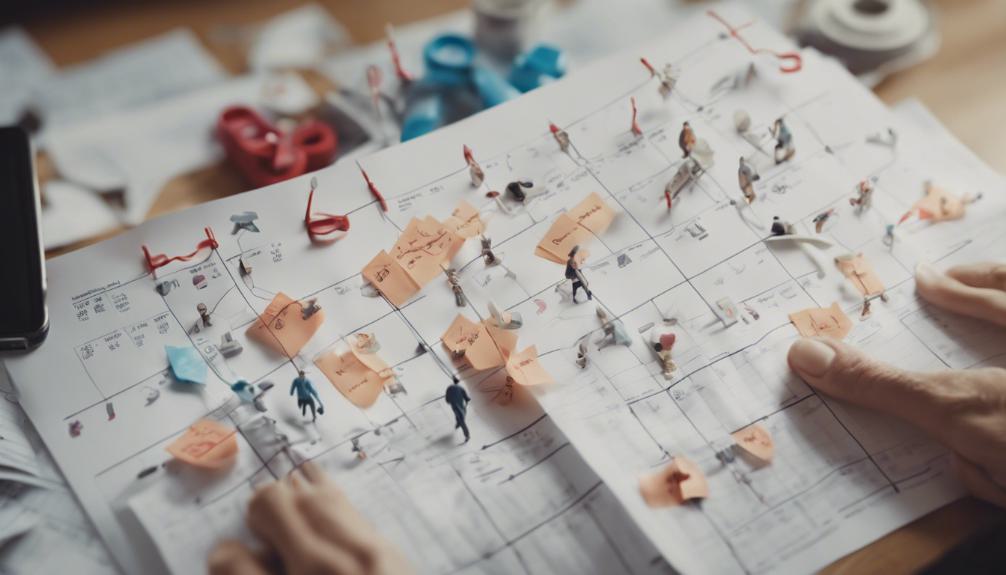
Key Takeaways
- Prioritize safety and immediate medical attention following an injury.
- Document the incident thoroughly with photos, witnesses, and official reports.
- Seek legal advice to understand your rights and potential compensation.
- Consider settlement options carefully for resolving injury claims without a trial.
Initial Injury Response
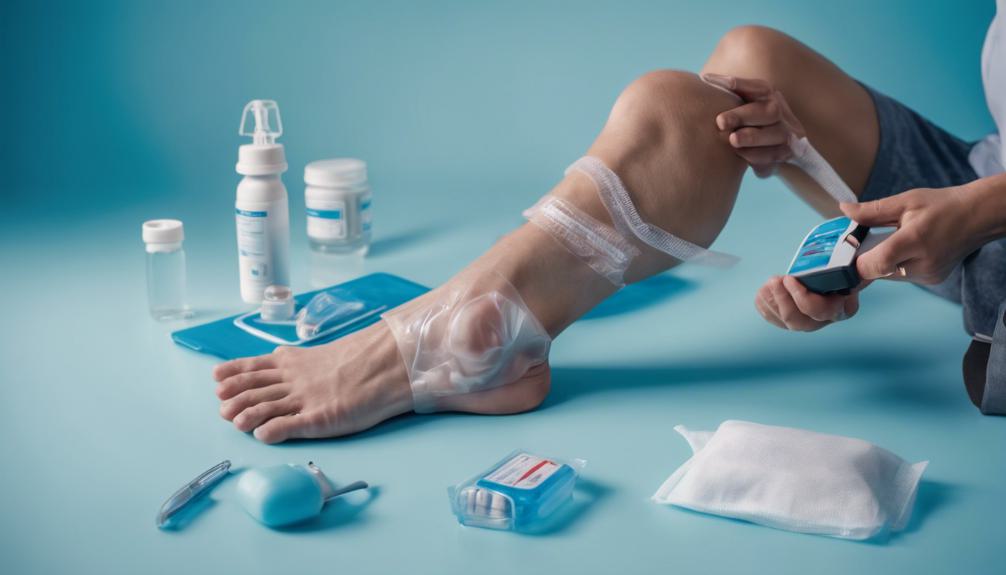
Immediately after an injury, it's important to make sure you're out of harm's way and assess the severity of your injuries. Once you've guaranteed your safety, you need to take a deep breath and stay calm. This helps you think clearly about your next steps. If you're able, gather the contact information of any witnesses and take photos of the scene and your injuries; these can be critical for any claims or legal actions you might consider later on. Don't forget to check for any immediate medical needs. Even if you don't think you're badly hurt, it's wise to see a healthcare professional as soon as possible. Injuries can sometimes be more severe than they initially seem.
Safety and Assessment
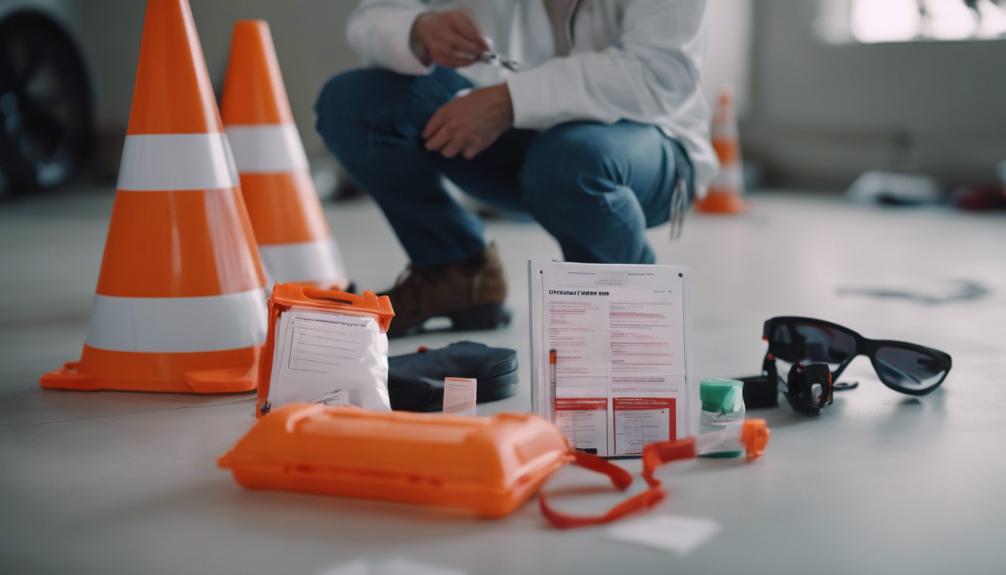
After ensuring you're out of immediate danger and your injuries are assessed, it's important to focus on your safety and thoroughly evaluate the situation. If you're not in a safe place, move to one as calmly as possible. This might mean stepping away from busy traffic, turning off machinery, or finding shelter. Next, take a moment to calm yourself. High stress levels can cloud your judgment and make it harder to handle the situation wisely. Check yourself for injuries you might've missed initially. Sometimes, adrenaline masks pain or discomfort, which could indicate a more serious issue. If you're with others, quickly assess their condition, ensuring everyone's safety. Remember, your well-being is the priority before taking any further steps.
Information Collection

Once you're in a safe location, it's important to start gathering details about the incident, including photos, witness contacts, and any relevant physical evidence. Snap pictures of the surroundings, the injuries, and anything that may have contributed to the accident, such as a slippery floor or a broken railing. If there are people who saw what happened, gently ask for their names and contact information. They could provide valuable statements later. Collect any physical evidence related to the incident, like a torn piece of clothing or a defective product, and keep it in a safe place. This evidence can be critical for understanding how the incident occurred and establishing liability. Remember, these steps are essential for protecting your rights and supporting any potential claims.
Reporting the Incident
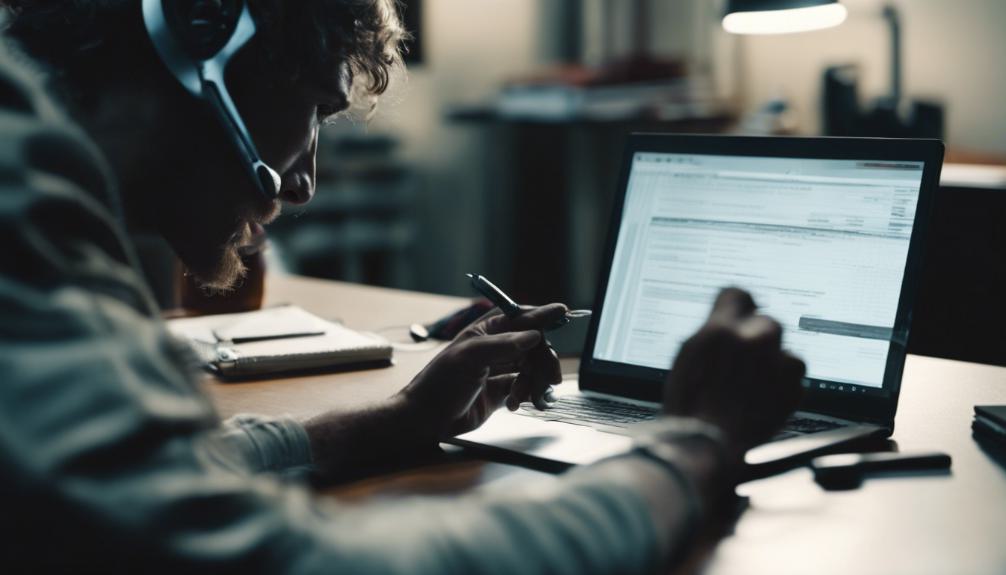
Upon ensuring your safety and collecting necessary evidence, it's pivotal to report the incident to the relevant authorities. If it's a workplace injury, you'll need to notify your employer immediately. For car accidents, it's critical to alert local law enforcement, who'll create an official accident report. This step is not just about fulfilling a legal obligation; it's also about documenting the incident formally, which could be critical if you decide to pursue a compensation claim later. Don't forget to gather contact information from witnesses and the responding officers, as their statements could support your case. Remember, timely reporting can significantly influence the outcome of your claims and ensure that your rights are protected throughout the process.
Medical Documentation
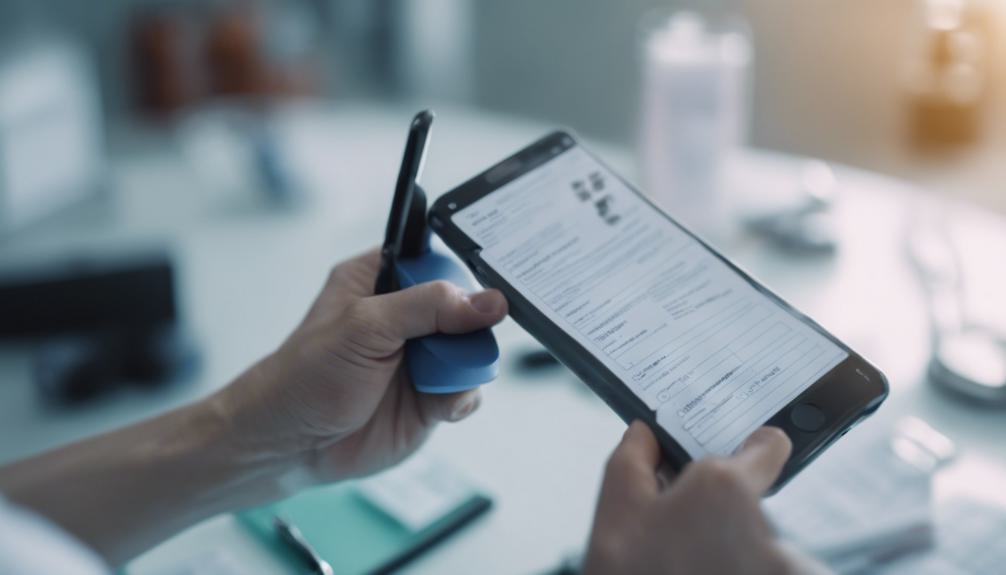
Securing thorough medical documentation is vital for substantiating your injury claim. After an injury, it's essential you visit a healthcare provider, even if you feel fine. Injuries can be deceptive, surfacing days after an accident. Detail every symptom, no matter how minor it seems. Your doctor's reports will serve as the foundation of your claim, providing evidence of your injuries and the impact on your life.
Ensure you keep copies of all medical records, including doctor's notes, test results, and prescriptions. Don't overlook physical therapy reports or any alternative treatments you pursue. These documents paint a comprehensive picture of your journey to recovery. Remember, maintaining a complete medical file bolsters your claim, making it harder to dispute the extent of your injuries.
Legal Consultation
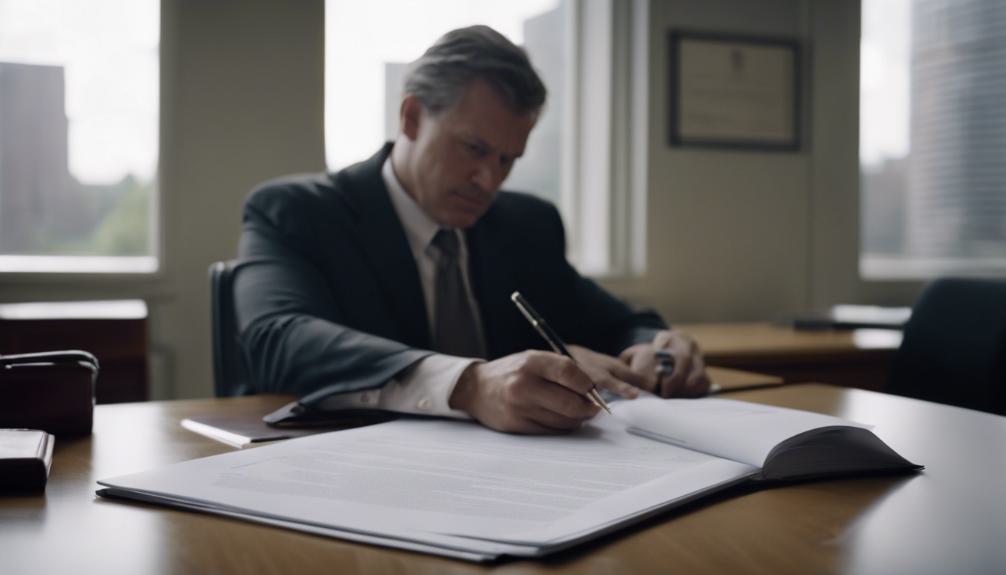
Seeking legal advice through a consultation is your next important step after documenting your injuries and financial losses. Essential to understand your rights and the potential for compensation. During a consultation, you'll share your story with an expert who can assess the viability of your case. Don't hesitate to ask questions about the legal process, timelines, and what you might expect in regards to outcomes. Remember, initial consultations are often free, giving you a risk-free opportunity to gauge if pursuing legal action is the right move for you. It's also a chance to learn about the attorney's experience and success with similar cases. Make sure you're prepared with all your documentation to make the most of this meeting.
Hiring a Personal Lawyer
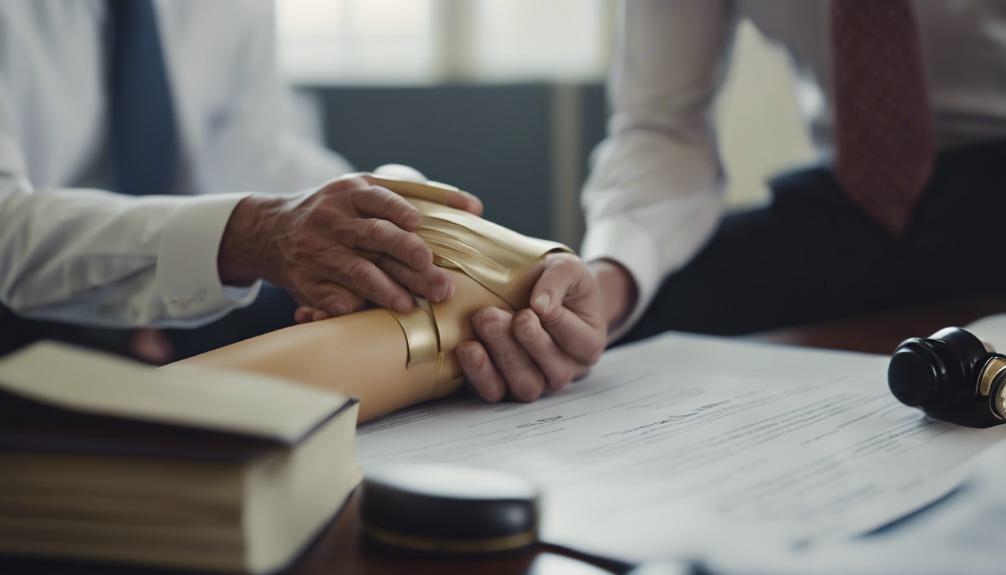
After receiving valuable insights during your legal consultation, it's time to focus on finding and hiring a personal injury lawyer who can best represent your interests. Start by researching lawyers with experience in cases similar to yours. Look for testimonials and reviews to gauge their track record. Don't hesitate to contact the Concierge team at Expertise.com for recommendations on top-ranked service providers. When you've narrowed down your options, schedule interviews. Ask about their experience, approach to cases like yours, and their fee structure. Trust your gut feeling when choosing who to hire. Remember, it's vital to feel comfortable and confident in your lawyer's ability to fight for your rights and secure the compensation you deserve.
Understanding Settlements
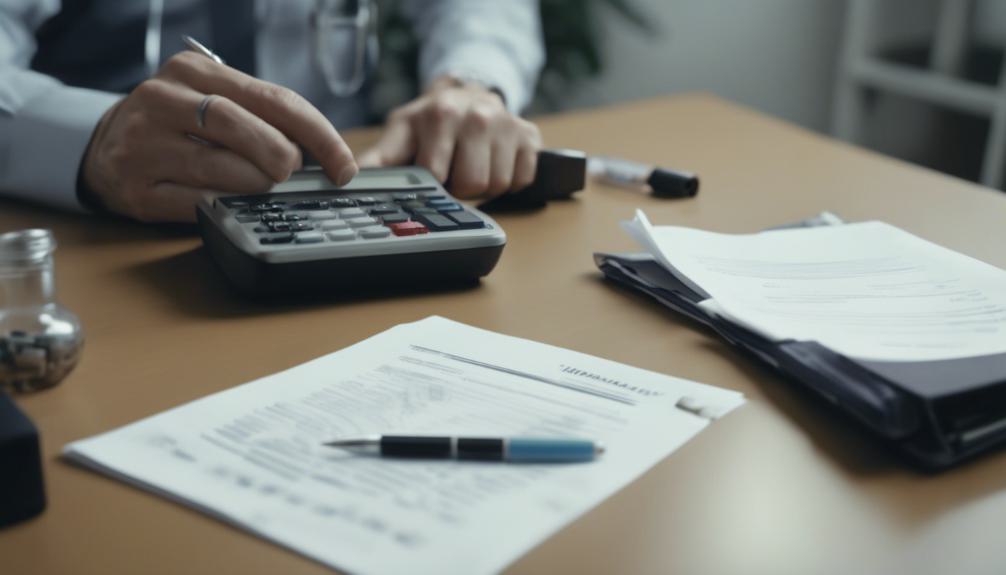
Understanding settlements is essential, as they often represent the resolution of a personal injury claim without the need for a trial. Once you've navigated the initial steps after an injury, and you're contemplating your legal options, knowing the ins and outs of settlements can be a game-changer. A settlement is basically an agreement between you and the opposing party, where you agree to drop the case in exchange for a sum of money. It's vital to weigh this option carefully. You'll need to think about the amount offered and whether it covers your medical expenses, lost wages, and any pain and suffering. Don't rush into a settlement without fully grasping its implications. It's often your best shot at compensation without the unpredictability of a court case.
Accessing Legal Resources
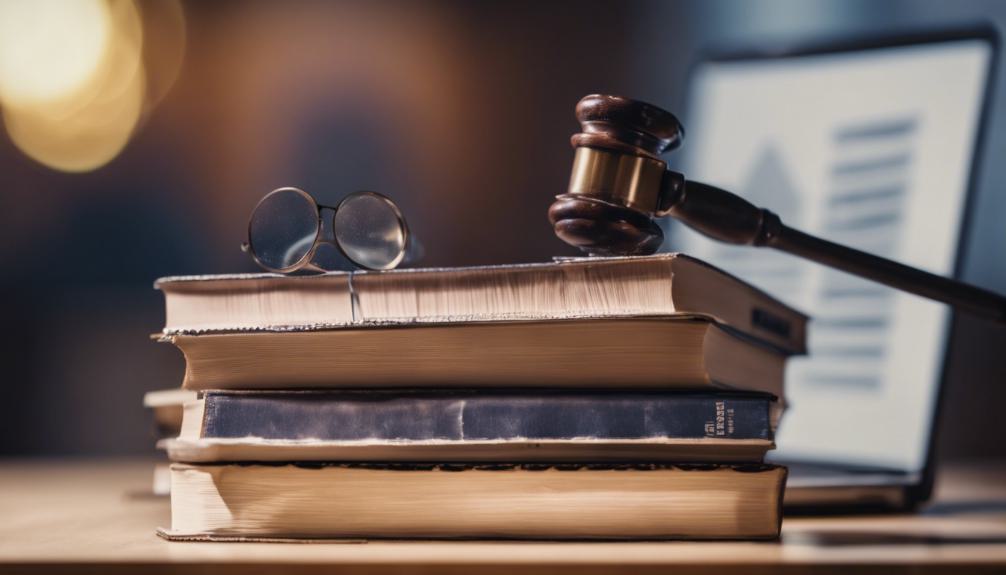
When you're facing the aftermath of an injury, finding the proper legal help can greatly impact your case's outcome. Start by reaching out to Lawhelp.org for access to local legal aid and affordable assistance. They offer services in both English and Spanish, ensuring you understand every step of the process. Don't forget to contact your Local Bar Association; they often have volunteer lawyers and run pro bono projects along with legal workshops. For veterans and active service members, Stateside Legal provides specialized, free legal services. They've got self-help guides and a tool to find legal help specific to your needs. Remember, each state, including Kentucky, California, New York, and New Jersey, has unique resources tailored to personal injury laws. Don't hesitate to leverage these resources to strengthen your case.
Frequently Asked Questions
How Can I Emotionally Cope With the Trauma Following an Injury, and Are There Specific Support Groups for Accident Victims?
To emotionally cope after an injury, acknowledge your feelings and seek support. There are specific groups for accident victims; exploring local resources or online communities can connect you with people who understand your experience.
What Are the Implications of Accepting an Initial Settlement Offer From an Insurance Company Without Consulting a Lawyer?
Why rush into decisions? Accepting an initial settlement without a lawyer's advice might leave you short-changed. Always consult an expert to make sure you're not missing out on what you truly deserve. Don't settle for less.
How Do I Manage Work and Financial Obligations While Recovering From an Injury, Especially if I'm Temporarily Unable to Work?
You're facing a tough time managing work and finances while recovering. It's essential to explore disability benefits, discuss flexible work options, and seek legal advice to navigate compensation claims effectively. Stay focused on your recovery.
What Should I Do if the Person Responsible for My Injury Is Uninsured or Underinsured?
If the person responsible for your injury is uninsured or underinsured, you should immediately consult with a personal injury lawyer to explore your options for compensation, including potential lawsuits or claims against your own insurance.
Can I Still Pursue a Personal Injury Claim if I Was Partially at Fault for the Accident?
Ever found yourself wondering if you're out of luck because you partly caused an accident? You can indeed pursue a personal injury claim, even if you're partially at fault. It's about maneuvering the legal nuances.
Conclusion
Now that you've navigated the important steps from ensuring your safety to contemplate legal action, remember you're not alone. An interesting statistic to keep in mind: Over 95% of personal injury cases are settled pre-trial, highlighting the importance of having an experienced lawyer by your side. They not only understand the intricacies of law but can greatly increase your chances of a favorable settlement. So, take action, seek the right help, and move towards recovery and justice with confidence.

This post has been generated by AI and was not reviewed by editors. This is Not legal advice. Please consult with an attorney.




